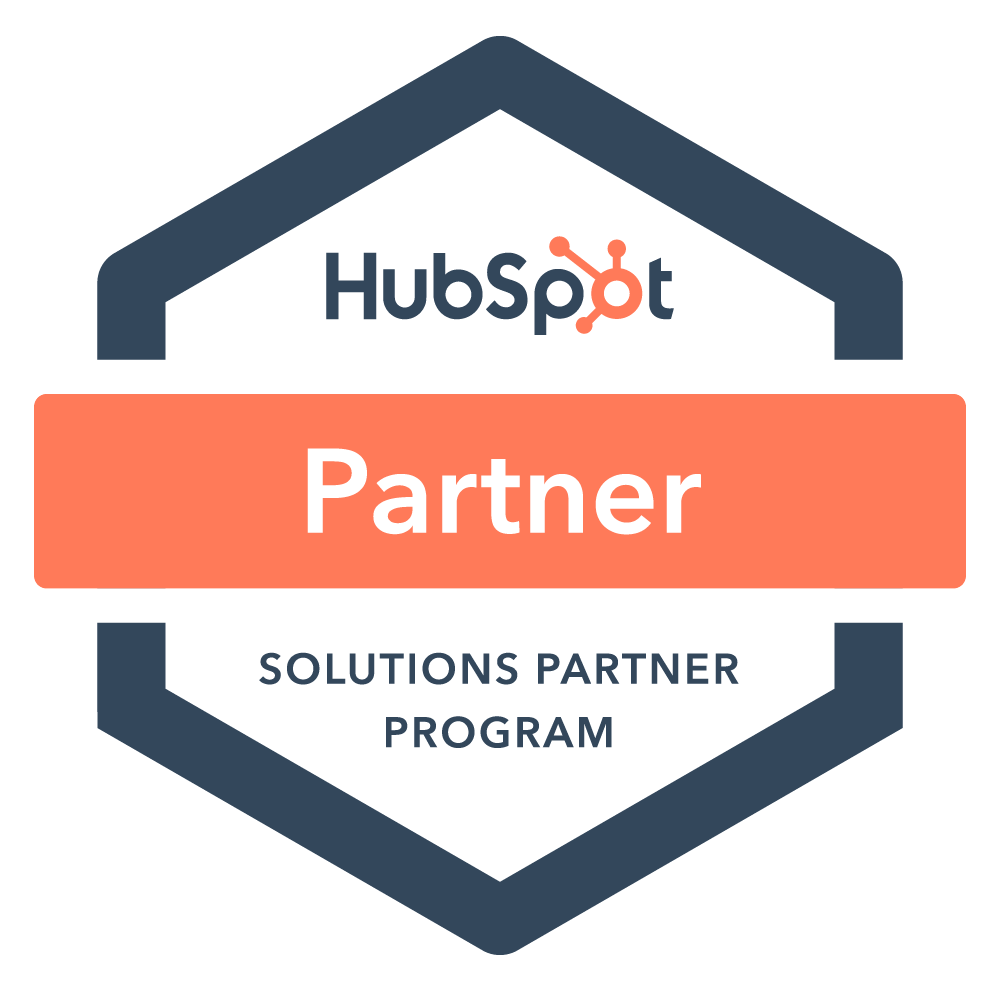As OpenAI introduces its Google search engine competitor, SearchGPT, into the picture, here are five ways its going to impact your SEO.
On July 25 2024, OpenAI announced its search engine prototype - SearchGPT.
Given the seismic impact of ChatGPT on small business marketing, it's a safe bet to think that SearchGPT is going to follow. CNBC News agreed:
Here are five ways it impacts founders and marketers at SaaS start-ups in 2025.
We've Known This Was Coming
This wasn't unexpected for anyone who could read the writing on the wall.
With the amount of content and conversation around the impact of ChatGPT, as an example, on content creation, it was inevitable that SearchGPT would emerge.
ChatGPT had been used over the last year as a way to conduct keyword research with AI. However, the use of GenAI for this purpose went back to two concerns that I, and other marketers have had:
i) The data the Large Language Model that these GenAI tools are built on is outdated and unable to access live search results, and
ii) You actually need to know how to do keyword research in order to use the right prompts and be able to verify the quality of the output.
GenAI providers, like any good product company, study product usage.
GenAI is becoming a product, and successful products are products that are sticky.
What better way to increase the usage of OpenAI products than getting their 100 million daily users to lean on its search engine?
It Accelerates Gemini
In Forrester's "What It Means" podcast back in January 2024, Nikhil Lai, Senior Analyst, talked about visiting Google offices and the view he got into their search AI plans.
He said:
i) Google will move towards a clickless search experience - where you stay in Google - and limit visiting the website of the content publisher,
ii) Bottom of the funnel content, like product reviews, case studies, and influencers, would be where most SaaS companies focus content production, and
iii) More focus would be on ad spend from SaaS vendors to drive traffic to their site
Since then, we've seen Google's AI search, Gemini, beta tested.
The natural consequence is that Google will put its foot on the gas with Gemini. We're going to see an AI search engine battle between Gemini and SearchGPT.
SEO Quality Will Drop
With more change brought on by SearchGPT, the real question is how you adapt.
I, and inbound thought leaders have spoken about how important it is to create "human content:"

SearchGPT only increases the risk of the user experience decreasing. A mad rush of poor content will be published in hopes to game the Gemini and SearchGPT systems to feature their posts as authoritative.
But, these engines will likely remain true to the current quality signals of good content - helpful, informative, easy to consume, and trustworthy. These are all things GenAI is not.
It's crucial that you invest time in creating content that your buyer personas really want. That's because your personas will eventually use search AI, and so if they talk and search the way you think they will, your content should be served to them.
You should also invest in running reports to produce content. Interview people and create stories around them. And, of course, create more case studies and work with influencers your buyers care for.
SEO Tools Integrate
If you're using tools to help you with search engine marketing - namely keywords, PPC, trends, social, and competitors - then expect these to integrate with SearchGPT.
It matters to you because eventually your SEO tools will blur into one. The likes of Semrush, Ahrefs, Moz, and Ubersuggest will find a way to integrate SearchGPT.
That's only a good thing for your budget.
It's also a logical step to go from using tools that scrape search engines like Google to integrating that user experience into one view.
AI Becomes Less Helpful
This is a real concern.
If you're relying on AI to write your blogs, draw your images, build graphics, edit audio, and now you're adding your search engine marketing into that mix, it's dangerous.
That's because the data that's powering AI is disappearing. Two reasons drive this:
i) Companies are preventing their data being accessible, but the inverse is also true
ii) Too many companies are using AI content and publishing as its own.
That means the information you see online (not theorytwenty7's) is becoming increasingly generated by AI. That means the human generated content SearchGPT and Gemini was trained on, will no longer be.
SearchGPT and Gemini exist to help users. They should be helping users via consuming what they search for and engage with, and then using that to give people answers faster and more efficiently.
But what if the data they're using are from GenAI? The average user doesn't know that AI has created something.
It muddies the water.
As more AI is used, search AI will rely on that output. That products less helpful information for those using AI for SEO, and poorer search experiences for our users.
It's a trap, and we're falling into it.
Bonus: 5 Ways SearchGPT Will Impact SEO In 2025 [Infographic]
This infographic says it all:

What's Next For GenAI SEO?
As we welcome a new player into the world of SEO, SearchGPT's introduction is a reminder of the importance of good search engine marketing. While it brings a better user experience, in theory, it remains to be seen how we, as marketers and founders, react and leverage GenAI tools like this.
One thing is for sure - we continue to have a choice to make about delivering helpful, informative, and easy to consume content on our websites, blogs, and socials.
Will you continue to make the right one?
Want to talk about GenAI, content, SEO or anything else on your marketing journey? Talk to me anytime, here.

James Milsom
When I'm not spending time quoting What We Do In The Shadows, The Office, or Parks and Rec, I'm watching the Georgia Bulldogs (Go Dawgs!), walking our dog Crosby with my wife, McKenzie, or geeking out on tech. I find time to eat, sleep, and work out too (honest!)






